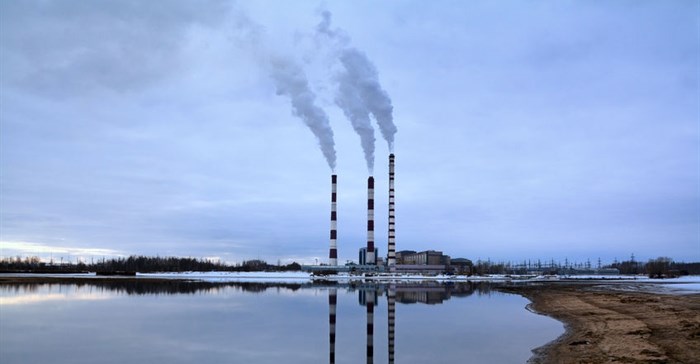The South African government's intention to proceed with the implementation of the carbon tax will result into loss of competitiveness for firms across a wide range of industries which may hinder job creation prospects.
A quarterly research report for the period between July and September 2015 by the Sam Tambani Research Institute (SATRI) points out that although the increases in immediate operational costs may be minimal, international competitiveness will be negatively affected and subsequently jobs are likely to be lost in sectors where the carbon tax is to be implemented.
The research report examines the validity of organised labours’ concerns on possible job losses using a qualitative system dynamics approach. According to the report, a case is made that despite being set at low levels, the carbon tax has potential to negatively affect competitiveness of firms in the long-term.
Martin Kaggwa, the executive research director at SATRI, suggests that from an organised labour perspective, and regardless of the level the carbon tax is set, it can still negatively affect competitiveness of the local firms due to increase in operational costs.
Having an edge
“Competitiveness is about having an edge over your competitor. Such an edge can easily be lost via small changes in the firm's production costs. Although the tax may seem insignificant, it still counts when it comes to competitiveness. Loss of competitiveness leads to less sales, reduced production and subsequently lower demand of factor inputs, one of which is labour. Loss of employment may not happen immediately with the introduction of the tax but it is possible in the medium- to long-term,” he explains.
He further explains that there are many factors that will influence the ultimate impact of the carbon tax on employment in both the low emission and high emission sectors of the South African economy.
Kaggwa proposes that from a systems thinking perspective, the scale of probability is high that jobs will be lost in the high emission sectors of the South African economy, specifically in the coal and energy sectors.
Analysis of tax structure
“The analysis of the carbon tax structure and assumptions from a systems perspective validates, to a reasonable extent, labour’s concerns on unconditional implementation of the tax in the country despite being set at low levels. The tax has the potential to negatively affect competitiveness of firms in the long-term which in turn will lead to job losses,” he says.
In order to avert the looming crisis, he suggests that safeguards be put in place to shield local employment in vulnerable sectors. The safeguards need to be put in place before the introduction of the tax.
One of the safeguards proposed by Kaggwa is to ensure, beforehand, that local firms in the energy sector have access to low-cost clean technology that does not substitute local labour force, but supplements its efficiency.





































